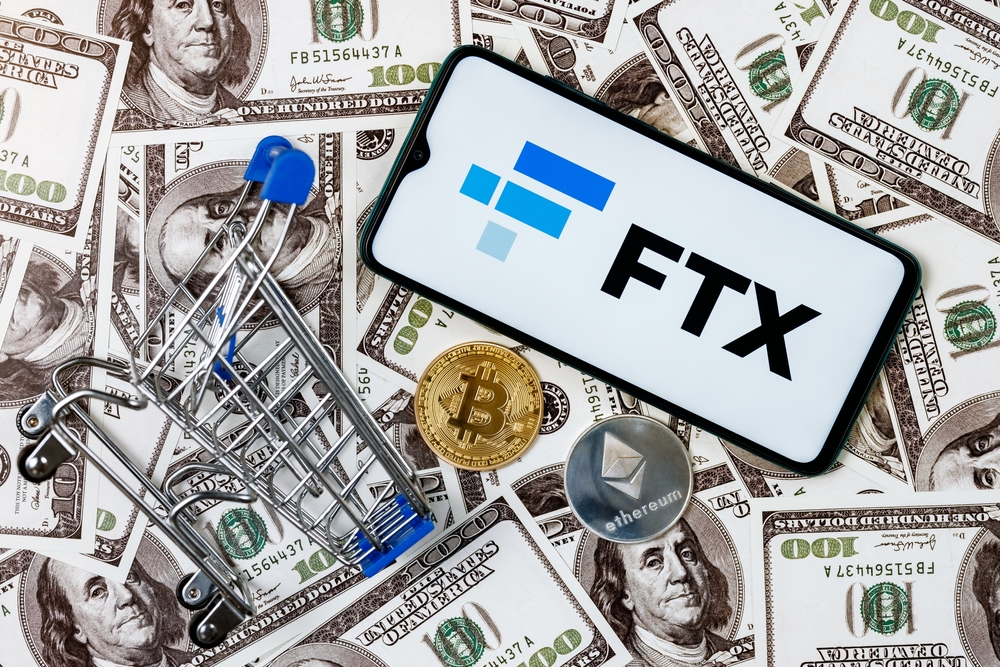Key Insights:
- U.S. Bankruptcy Judge greenlights FTX’s massive $3.4 billion crypto asset liquidation, raising eyebrows in the industry.
- Solana’s value dipped 4% within a week as FTX plans phased liquidation; concerns over the impact on less traded tokens increased.
- FTX founder Sam Bankman-Fried awaits a fraud trial, adding legal uncertainties to a complex situation.
U.S. Bankruptcy Judge John Dorsey has sanctioned crypto exchange FTX’s request to liquidate up to $3.4 billion in cryptocurrency assets in a significant legal development. The ruling provides a much-needed path for FTX to settle its debts but also prompts questions about the broader stability of the digital currency market.
FTX Gets Go-Ahead Despite Potential Market Risks
Ignoring apprehensions voiced by some FTX users about possible market disruption, Judge Dorsey has given the exchange the green light to divest up to $100 million in assets each week. This limit could be increased to $200 million weekly, pending approval from the creditors’ committees. To minimize market risks, FTX has retained the services of Galaxy, a U.S.-based crypto firm specializing in investment advice.
Additionally, the court has permitted FTX to enter into hedging and staking arrangements, thereby allowing the company to generate some revenue through mainstream digital assets like Bitcoin and Ether.
Immediate Impact on Solana: Concerns for Smaller Tokens
Following the court’s decision, the cryptocurrency Solana—of which FTX holds nearly 16% of the total circulating supply—saw a 4% drop in value within one week. FTX plans to liquidate only $9.2 million in Solana tokens monthly to mitigate market impact.
However, more questions are raised when considering FTX’s holdings in less commonly traded cryptocurrencies like Dogecoin, TRON, and Polygon. These assets account for a substantial portion of weekly trading volumes for these tokens, and their sale could have ripple effects on smaller digital currency markets.
Legal Challenges Await FTX Founder
Sam Bankman-Fried, the founder of FTX, isn’t in the clear yet. With fraud charges set for a hearing on October 3, Judge Lewis Kaplan rejected Bankman-Fried’s request for pretrial release. The judge stated that the founder’s difficulties in preparing his defense were self-imposed. FTX garnered media attention a few months ago via a Super Bowl commercial featuring comedian Larry David, making this legal development even more noteworthy.
This recent court decision adds another dimension to the complex landscape of cryptocurrency and market volatility. It offers FTX a structured way to repay its debts, although it may bring uncertainty to the digital asset markets. As the digital currency industry ponders the ramifications of this case, FTX’s planned liquidation could serve as a reference or a warning for other crypto businesses facing financial straits.
